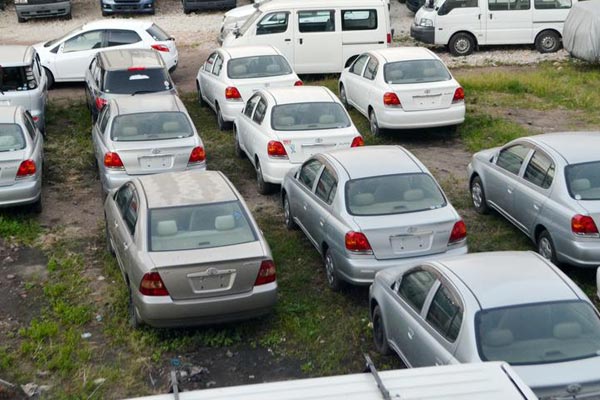Consumers have been spared higher prices of beer, juices, kerosene, water and second-hand cars after Parliament delayed the enforcement of a new law that empowers the taxman to charge new taxes that Treasury secretary Henry Rotich introduced in his June budget.
The Excise Duty Bill, which increased levies on the items, was to take effect after President Uhuru Kenyatta assented to it two weeks ago but legal experts said it needs additional legislation that Parliament is yet to pass. The cash-strapped Treasury expects to raise an additional Sh25 billion from the new levies.
The new law requires buyers of imported vehicles that are more than three- years- old and are valued at below Sh1 million to pay more in excise tax. Newer cars worth less than Sh750,000 also face higher taxes.
Consumers of water and juices that are popular with households will pay excise tax at the rate of Sh10 per litre, signalling a rise in retail prices by the same margins.
Beer is up Sh30 per litre and a charge of Sh10,000 will apply on motorcycles.
Treasury principal secretary Kamau Thugge said the Kenya Revenue Authority (KRA) would not collect taxes at the higher rates until Parliament has passed the Tax Procedures Bill. The Bill provides for the creation of uniform rules to be used in the administration of value added tax, excise duty and income tax.
The proposed law aims to make it convenient for taxpayers to meet their obligations and reduce the burden caused by the existence of separate sets of laws for each of the taxes.
“There are some clauses in the excise duty law that refer to the Tax Procedures Bill, which are still in Parliament,” Dr Thugge said, adding that talks were underway between the State Law Office and the KRA to pave the way for enforcement of sections of the excise law that are not grounded in the Bill.
“Blow to the State”
Dr Thugge expressed concern that MPs might delay passing the Bill given that they were about to go on recess on December 3, barely two weeks from now. Tax experts described the delay in passing the Bill as a blow to the State, which has been experiencing a cash crunch and slowed down release of funds for key development projects alongside payment of salaries.
“This is certainly going to impact government revenue collection targets and further affect its cash flows,” Deloitte East Africa Consulting tax partner Nikhil Hira said.
The government forfeited millions of shillings after the Energy Regulatory Commission (ERC) on November 14 failed to include in its monthly review a Sh5.75 excise tax on a litre of kerosene, mostly used by low-income earners to light their homes and cook.
Budget shortfalls have recently forced the government to borrow heavily from the local markets, resulting in high interest rates that only eased after the Treasury got a Sh78 billion loan from foreign markets.
But the borrowing has raised concerns among Kenya’s development partners, including the World Bank, who have warned that the Sh2.9 trillion debt or 52 per cent of the gross domestic product (GDP) was approaching a dangerous zone.









